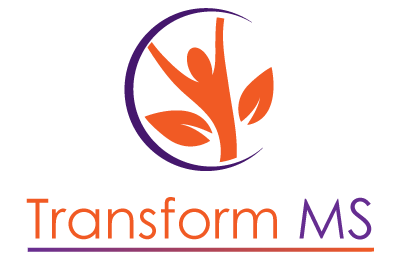My story has many chapters, and honestly, it continues to evolve every single day. But since people often ask, so here’s my best attempt at putting it into words.
In 1985, I woke up one morning and couldn’t see straight. Then my balance went. Then the numbness started—from the chest down. The neurologist who diagnosed me stopped counting the lesions at 25, sent me home to get my affairs in order and told me I’d be in a wheelchair within four years. He said it like it was fact, like he was reading my future from a crystal ball. So, I did what any reasonable person would do—I fired him and found a new neurologist.
At the time, there weren’t many pharmaceutical options for MS. Copaxone was still in clinical trials, and my new neurologist—a stand-up guy who has since contributed a lot to MS research—told me the truth: drugs weren’t a great option, there wasn’t much he could do, and I should go live my life. So I did. And that was the last time I saw a neurologist—somewhere around 1987.
Through nobody’s eyes but my own.
In hindsight, I am forever grateful to this neuro because he didn’t riddle me with doubt, fear, and guilt. He didn’t play the ego card. We had honest, frank conversations from one mature thinking adult to another. His direction allowed me to explore and experience the condition of my health through nobody’s eyes but my own. All by myself, I realized the things that made me feel worse and the things that made me feel better.
Shortly after diagnosis, I began to receive phone calls from people who wanted to know what I was doing and what I recommended they do. I was in the world of corporate communications at the time, so I had few helpful recommendations, but the one that I did give over and over was “live your life.” And people were generally happy to hear that, and life continued for all of us.
What followed was a journey of discovery, resilience, and a little bit of stubbornness. I refused to accept that MS was a one-way ticket to decline. Instead, I threw myself into learning everything I could about health, healing, and how to support my body through the ups and downs. That curiosity eventually led me to naturopathic medicine – first as a patient and later as a doctor. In 2002 I opened my own clinic and since then, I’ve had the privilege of working with thousands of people, helping them move beyond their MS diagnosis and build lives that feel full, vibrant, and—most importantly—like their own.

